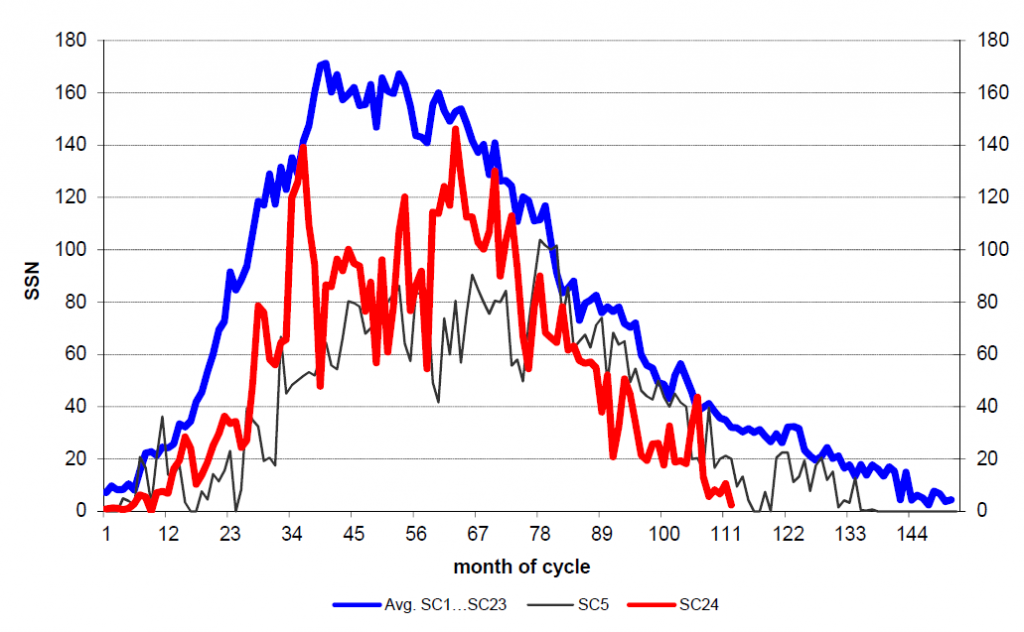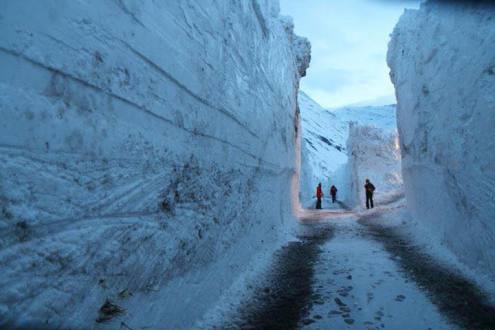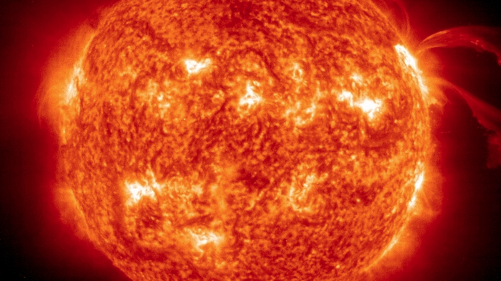Stone tools found in the Philippines predate the arrival of modern humans to the islands by roughly 600,000 years—but researchers aren’t sure who made them.
The eye-popping artifacts, unveiled on Wednesday in Nature, were abandoned on a river floodplain on the island of Luzon beside the butchered carcass of a rhinoceros. The ancient toolmakers were clearly angling for a meal. Two of the rhino’s limb bones are smashed in, as if someone was trying to harvest and eat the marrow inside. Cut marks left behind by stone blades crisscross the rhino’s ribs and ankle, a clear sign that someone used tools to strip the carcass of meat.
But the age of the remains makes them especially remarkable: The carved bones are most likely between 631,000 and 777,000 years old, with researchers’ best estimate coming in around 709,000 years old. The research—partially funded by the National Geographic Society—pushes back occupation of the Philippines to before the known origin of our species, Homo sapiens.
But that’s not all.
…it’s an open question how these hominins crossed open ocean.





